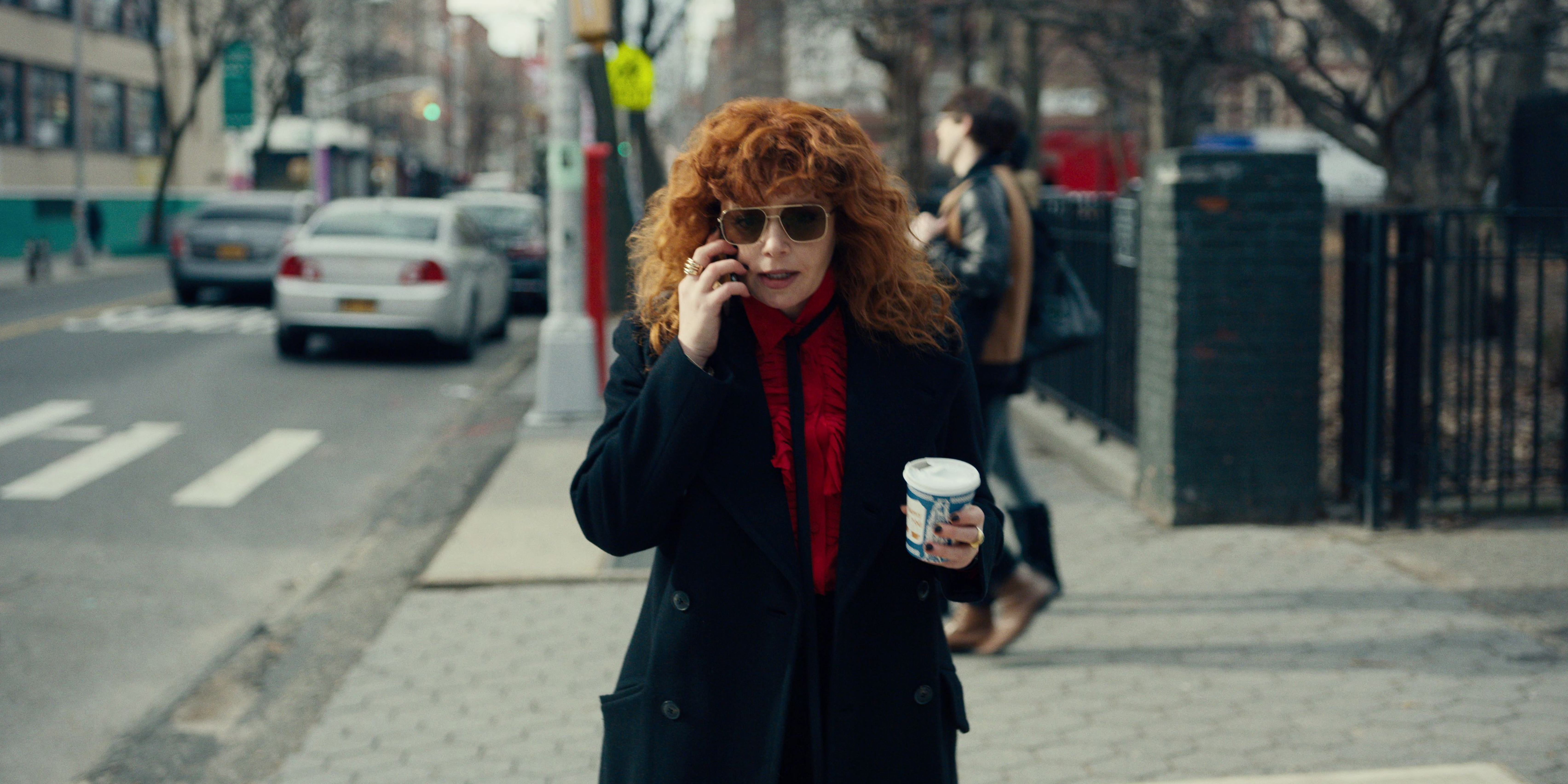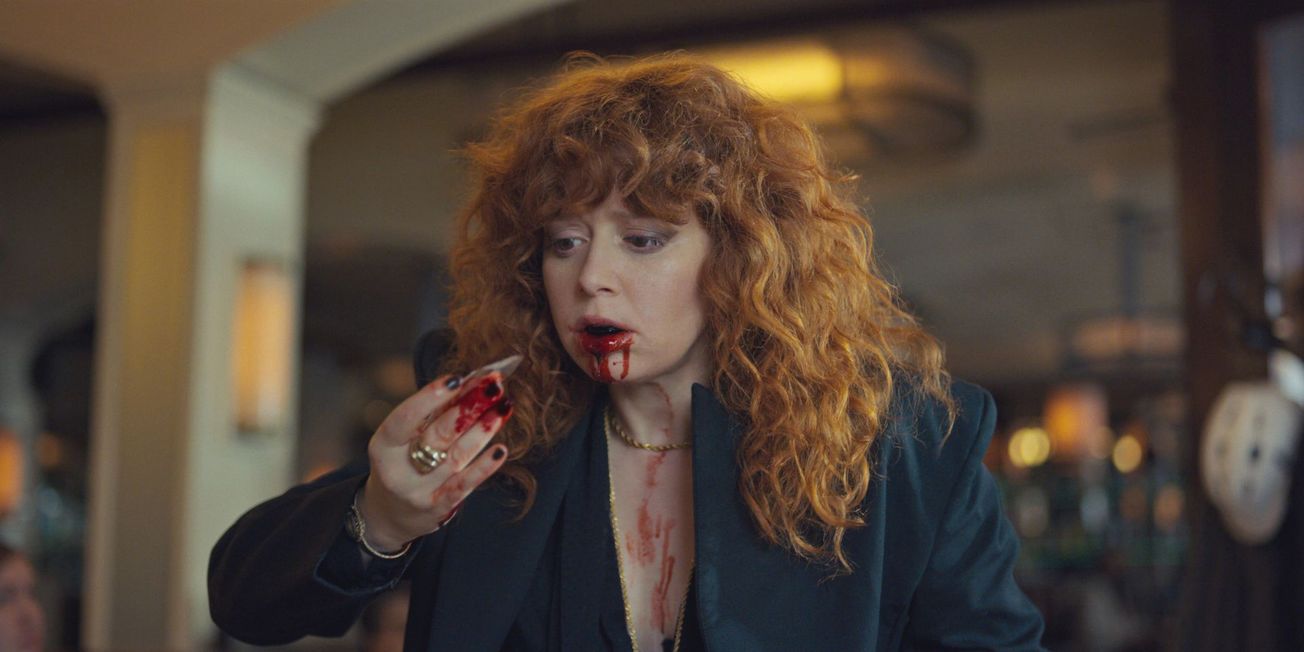By Maddy Raven, First Year, Theatre & Film
The latest acclaimed Netflix comedy series, brilliantly written by an all-female writing team including Amy Poehler, has many layers addressing mental health, dangerous coping mechanisms, and more.
YouTube / Netflix
Nadia Vulvokov, played by Emmy-nominated actress and producer, Natasha Lyonne, is a wonderfully loud mouthed, brash and intelligent software programmer native to New York. Russian Doll follows her through multiple deaths on the night of her 36th birthday, where she discovers that her deaths are linked to those of Alan Zaveri (Charlie Barnett), a young man who possibly struggles with OCD. Both of them are having a difficult night, to say the least.
What is pleasing about Russian Doll is not only its presentation of a loudmouthed, opinionated female protagonist, but its attention to detail and ‘Easter Eggs’ – rather, clever writing. Nothing is left to chance. Loose ends are tied up with a neat bow, and while I do not know if I would want to see another season revolving around Nadia and Alan, as their story has entered a new, happier chapter, I don’t think I would have a problem with seeing a similar format again. Even the title of the show, Russian Doll, is a nod to Nadia’s surname and heritage, and to her status as a ‘russian doll’: when she dies once, she will die again, and there seems to be no end.

Courtesy of Netflix
Rather than punishing Nadia for her lifestyle, which consists of promiscuity, copious drugs and alcohol, to the point where friends call her the ‘cockroach’ because ironically nothing can kill her. We see that instead, similar to the computer games she programs, she is ‘glitching’. She cannot level up, or move forward, because she hasn’t confronted something from her past.
Mental health has become a prominent theme and topic of discussion in media, and it’s always interesting to see how writers see it affecting the offspring of those suffering from mental health problems. Nadia lives in a whacky, colourful world, almost like a video game: there are obstacles she must pass so she does not die, and as she makes it further and further away from the apartment where her birthday party is, it’s as if she is learning how to complete the level of a video game, tackling treacherous staircases, trap doors, disappearing cats and other, darker deaths. She always wakes up looking at herself in a mirror, as does Alan, and mirrors constantly appear in the story of Nadia’s life.
It’s not just Nadia’s issues which are addressed: Alan’s mental health problems are addressed. Rather than feeling trapped by his multiple deaths, he views this as an opportunity to get the worst day of his life finally right. He feels like he is not in control of his life, and if only he can better himself, then everything will fall into place, and he will be happy. This is a step forward in the mental health conversation for men.

Courtesy of Netflix
Neither Nadia or Alan are bad people, but bad things are happening to them: the universe has decided that they need to face themselves in order to move forward, and it’s going to kill them over and over, until they do so. Not only is this almost personal - perhaps a way for the writers to address our desire for perfection in this age of social media - but it also opens up a channel for conversation.
We need to talk to each other about how we feel, and what’s hurting us, rather than bottling it up. A regimented routine, substance abuse and other coping mechanisms are exactly that: coping mechanisms. They don’t get to the root of the problem. Nadia and Alan are lucky that the universe is seemingly on their side, pushing them to confront themselves. But it’s up to them to save each other from destruction. It’s up to us to look after ourselves and the people around us.
Featured Image Credit: Courtesy of Netflix
Are you pleased to see a TV show with an all-female writing team on such a major platform?
Facebook // Epigram Film & TV // Twitter









